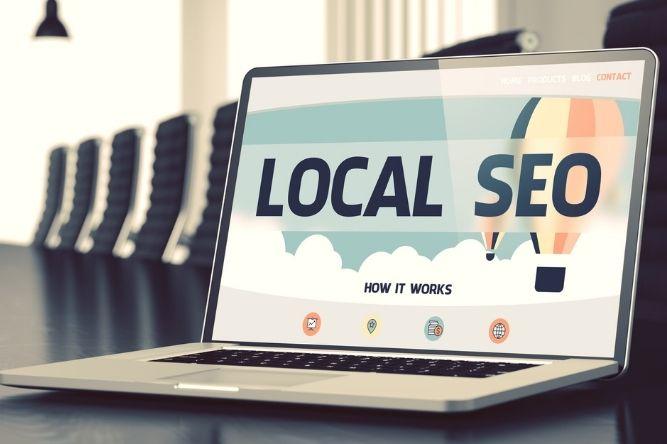Search engine optimization (SEO) is an integral part of any online marketing strategy. By optimizing your website for both users and search engines, you can increase brand awareness, improve your conversion rates, and persuade buyers to choose your business over your competitors.
Local SEO is a branch of SEO that focuses on businesses that benefit from localized searches. These searches might include terms like “near me” or “in (location)”. How does that differ from regular SEO, who benefits the most from local SEO, and how does local SEO work? We answer all of these questions – and more – here:
What’s the difference between local SEO and regular SEO?
Many of the strategies used in local SEO are the same as those used in SEO in general. In all cases, for example, you’ll want to optimize metrics like your Core Web Vitals. Other steps, like optimizing content to match the keywords you’re targeting, are similar (though there can be subtle differences).
One of the major differences between local and non-local SEO is the type of keywords you’ll be targeting. In local SEO, you’re more likely to target what are known as “service in location” keywords, like “SEO agency in San Antonio”.
You’ll also be looking to beat out a smaller number of local competitors in your area. This means local SEO employs different tactics that are aimed at finding weak points in your competitors’ SEO strategies and strengthening your own SEO in those areas to rank higher than them.
Finally, local SEO aims to improve your ranking in Google’s map-based search results, also known as the Google 3-Pack. These search results appear before organic results, and they provide more information, including reviews, your location, your phone number, and more.
Who needs local SEO?
Local SEO is useful for a few different types of businesses, including:
- Businesses with physical locations (brick and mortar stores, restaurants, etc.)
- Businesses that serve a specific area (restaurants that offer delivery, etc.)
- Businesses that travel to their customers (electricians, roofers, etc.)
Why is local SEO important?
There are some pretty incredible statistics about local SEO. On the page we just linked to, you’ll see that 46% of searches are for local information and that 72% of searchers visit a store within 5 miles after their search.
Of course, the websites at the top of the search engine results pages (SERPs) will get the most clicks – and those who make it to the top of Google’s 3-Pack will get even more clicks. The more eyes you have on your website, the more clients you’ll get – assuming your site is set up to convert. That’s another thing your local SEO agency can help you with.
One of the best things about local SEO is that it’s both defensive and offensive – by ranking higher than your competitors, you’re quite literally taking clicks that would have gone to them, and bringing them to your website instead. That’s why competitor analysis is so important in local SEO.
How does local SEO work?
There are a lot of different techniques involved in local SEO. Your SEO agency will use a combination of different analytical tools to evaluate your website’s performance in its local ecosystem and to determine how you can improve your website’s backend.
Local SEO will also focus on techniques to optimize your Google My Business (GMB) listing. Other strategies that will be employed include keyword research, creating content curated to those keywords, optimizing existing content, earning backlinks, optimizing site structure, and more.
All of these strategies, employed together, will improve your website’s standing in search engines. And as we discussed in “Why is local SEO important?”, that means more users on your website – and fewer users on your competitors’ sites.
Interested in learning more about how a local SEO agency can increase acquisition, sales, and more? Contact us. We can help.



Recent Comments